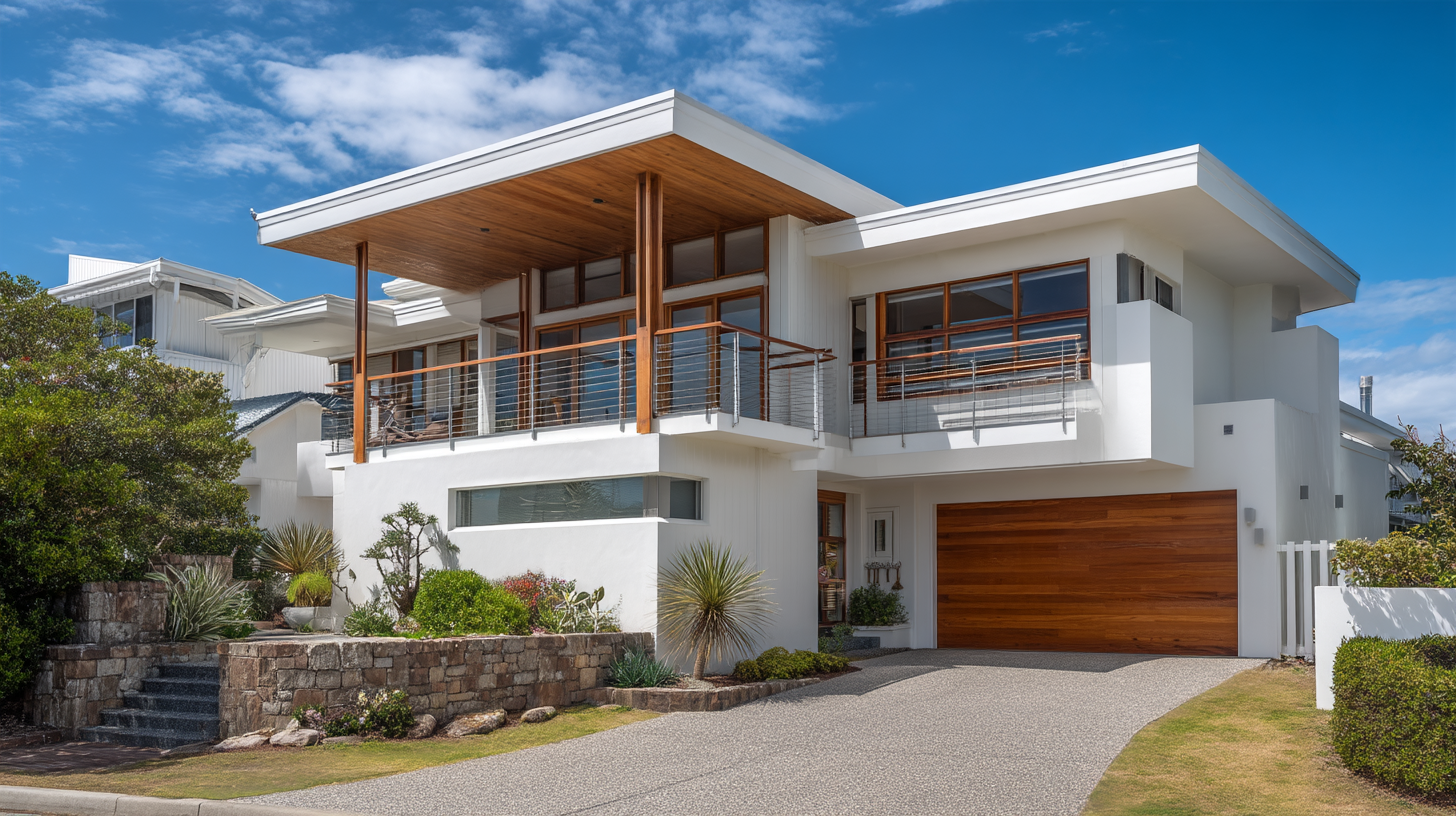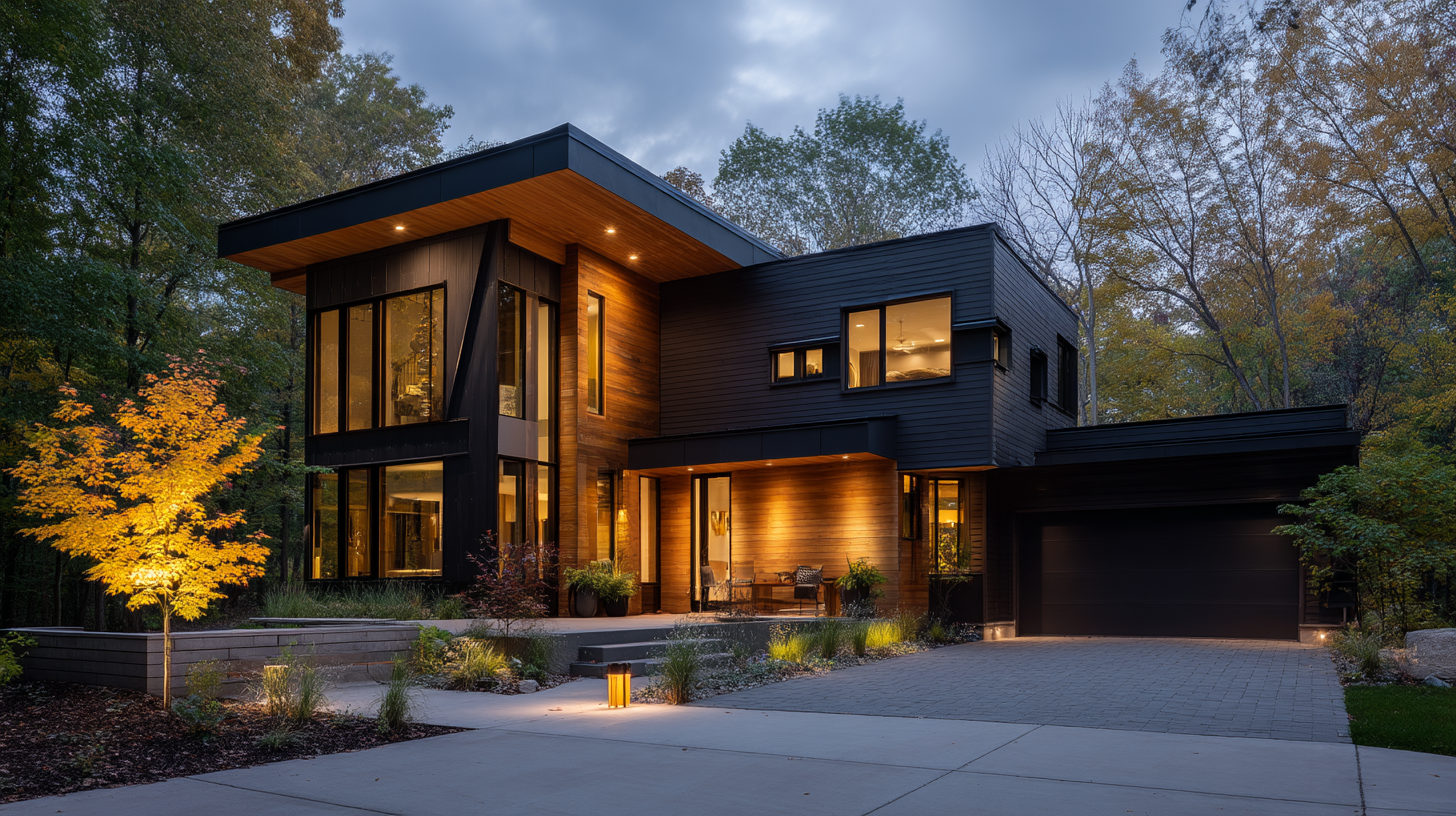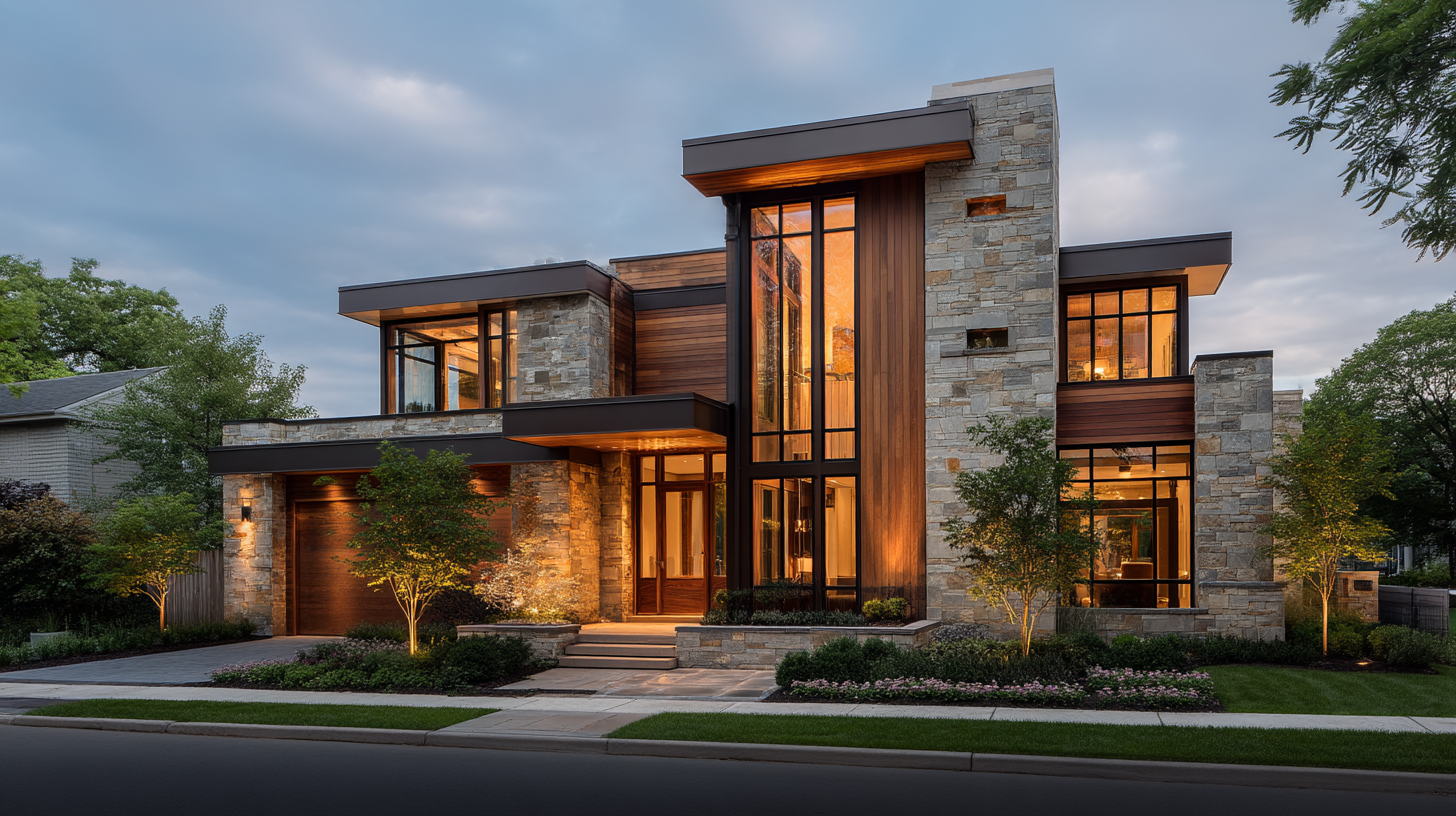Selling a House With Solar Panels in California: Everything You Need to Know

California continues to lead the nation in solar adoption, with more homeowners choosing solar energy systems than ever before. With rising energy costs and increasing demand for renewable energy, adding solar panels can be a smart solar investment. While there is an upfront investment involved in installing solar panels, the long-term benefits often outweigh the initial cost. But what happens when it’s time to move? Selling a house with solar panels can seem complicated, but the truth is, it’s entirely possible, and often profitable, if you understand the process.
Whether you have owned solar panels, a solar lease, a solar loan, or a purchase power agreement, this guide breaks down everything California homeowners need to know about the solar selling process. If you’re looking to sell your home fast and avoid the hassles of listing, inspections, and buyer delays, we’ll also explain how Property Sales Group can help you get a fair cash offer, even if your solar setup isn’t perfect.
Do Solar Panels Increase Home Value?

Yes, solar panels can increase home value, especially in California. According to recent data from 2025, a house with solar panels typically sells for 5% to 10% more than comparable homes without solar. That translates to an added $25,000 to $50,000 in value for many homes across Southern California.
For buyers, the long-term savings on utility bills and the environmental benefits of clean energy are strong incentives. Solar powered homes are increasingly seen as modern, cost-efficient, and desirable, particularly as rising energy prices continue to impact monthly budgets. Additionally, solar reduces reliance on fossil fuels, contributing to a reduced carbon footprint, which appeals to environmentally conscious buyers. Solar panels add appeal and function as a long-term solar investment, making them a real selling point in competitive real estate markets.
Key Factors That Affect the Value of a Home With Solar Panels
Owned vs Leased Solar Panels
The type of solar system you have matters greatly during the selling process.
- Owned solar panels are the most attractive to buyers. These are systems that have been fully paid off or financed and come with no ongoing financial obligations. If you own your solar panels outright, it means the new homeowner inherits lower utility bills without having to pay extra or assume a contract.
- Leased solar systems, on the other hand, can complicate the sale. When leasing solar panels, you enter into a contract with a solar company, and that agreement—often a purchase power agreement—must either be transferred to the buyer or bought out before closing. Many potential buyers are hesitant to assume a solar lease due to monthly payments or unfavorable terms.
- Financed solar panels fall somewhere in between. If you financed your solar energy system with a secured or unsecured loan, the loan may need to be paid off at the time of sale, or the buyer must agree to take over the payments. It depends on your lender’s rules.
The Age and Condition of Your Solar Equipment
Newer systems with updated solar panel technology tend to carry more value. Systems under five years old are often still under warranty and provide better energy output. Older systems may still function but might not appeal as strongly to buyers due to declining efficiency or outdated solar equipment.
Before selling a home with a solar panel system, it’s helpful to gather documentation showing recent maintenance, panel performance, and warranties. If your solar power system is in good shape, it can become a strong selling point.
The Solar Transfer Process
Buyers want clarity, especially when it comes to clean energy. Having a clear paper trail for your solar system is crucial. This includes:
- Proof of ownership or lease
- System size and energy output reports
- Solar panel loan or lease agreements
- Electric bills showing cost savings
- Documentation from your solar installer and utility company
- Net metering information
When homeowners can present a full, transparent overview of the solar energy system, buyers feel more confident in the investment.
Does a Home With Solar Sell Faster?
In many cases, yes. Studies in 2025 show that solar powered homes sell 13% to 20% faster than homes without solar. That’s especially true when the solar panels are owned and buyers don’t need to assume a lease.
Buyers are looking for ways to save money and reduce their carbon footprint. With solar, they can enjoy lower energy bills, more energy independence, and the long-term benefits of a renewable energy system, all without the upfront solar purchase investment.
However, the speed of sale can depend on how the solar is structured. If your home has a solar lease or a complex purchase power agreement, the added paperwork and approval process can slow things down. That’s where working with a cash buyer like Property Sales Group can help you avoid delays and move on your timeline.
Selling a House With Solar Panels: Traditional Listing vs Cash Buyer

When selling a house with solar panels, you have two main options: list it on the market or sell it directly to a cash home buyer.
Listing With a Real Estate Agent
If your system is owned and your paperwork is in order, listing on the open market may help you get top dollar. But keep in mind, the process can take time, especially if your system is leased or requires lender approval.
You’ll need to:
- Disclose all solar contracts and documentation
- Wait for buyer mortgage approval
- Possibly deal with negotiations around the solar lease or loan
- Manage inspections and potential repairs
Selling to a Cash Buyer
If you want to avoid delays, a direct sale to a home buying company like Property Sales Group may be the better choice. We buy homes with solar panels in any condition, even if they’re leased or require repairs.
- No appraisals or inspections
- We evaluate your solar offset and energy savings
- You don’t need to buy out your lease in many cases
- Close in as little as 7 to 10 days
If your solar panels are aging, your solar contract is complex, or you simply don’t want to go through the traditional process, we make it easy to move forward.
What Happens to Your Solar Loan or Lease When You Sell?

Solar Loan
If your solar system was financed, the loan may need to be paid off during the sale. This depends on your loan type:
- Secured loan: Typically tied to the home. May require payoff at closing.
- Unsecured loan: Can sometimes be transferred to the buyer or paid off with sale proceeds.
Review your loan documents before listing. Some mortgage companies require solar loans to be cleared before final approval.
Solar Lease or Purchase Power Agreement
If you’re under a solar lease or purchase power agreement, the contract usually must be assumed by the buyer. This means:
- The solar company will need to approve the buyer
- The buyer must meet credit requirements
- The new homeowner will take over monthly payments
If the lease terms are too restrictive or costly, it may be a better option to buy out the lease before selling.



